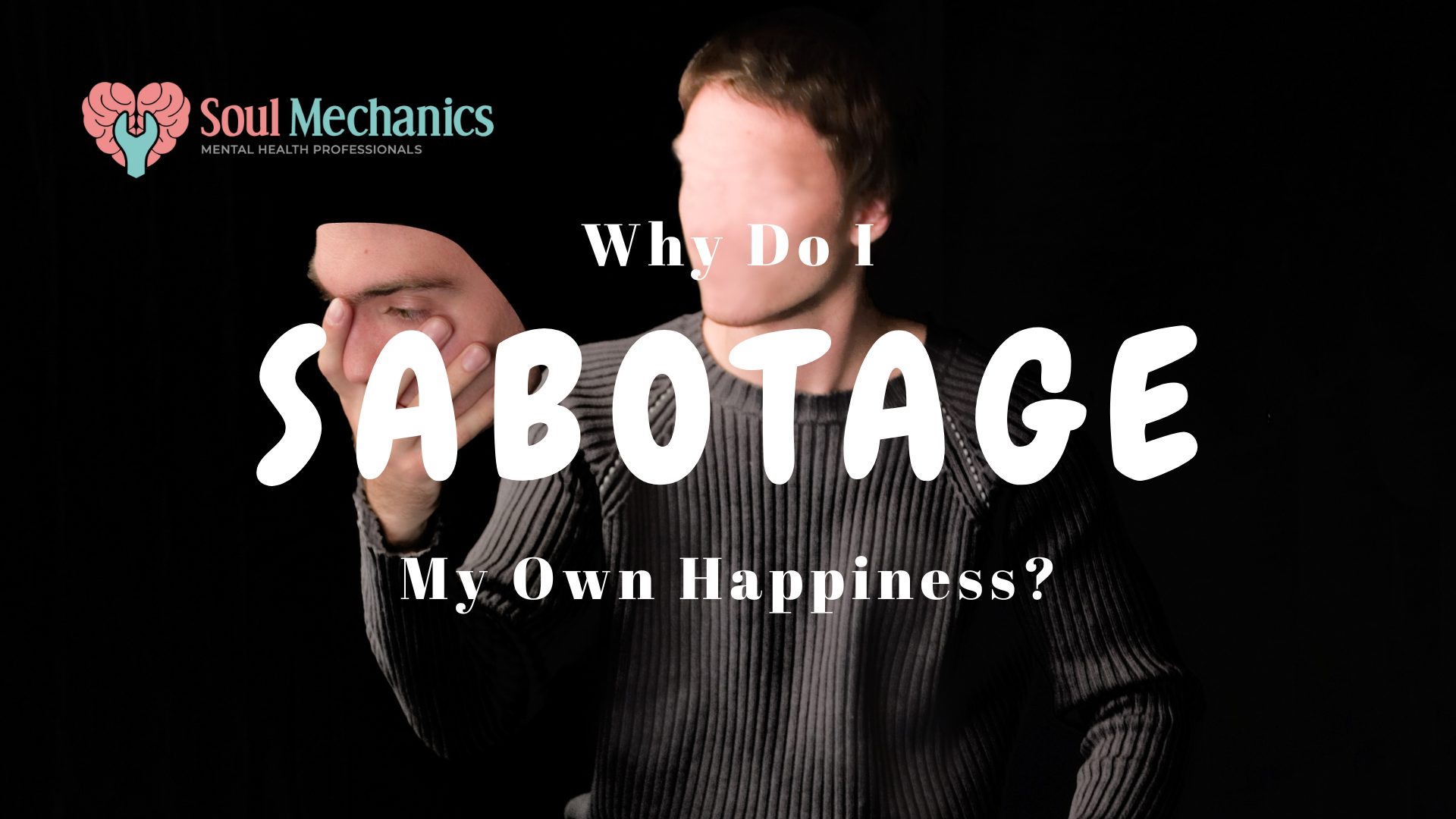In every marriage, both partners bring their emotional histories, vulnerabilities, and personal triggers. It’s part of what makes us human. But when these emotional sensitivities are manipulated—especially by the person we’ve vowed to love and trust—it can leave deep wounds, often masked by guilt, confusion, or silence.
Many people have an emotional weak point. For some, it’s rooted in past trauma, for others, it may stem from insecurity or a deep need to be understood. When a spouse learns what your trigger is and continuously presses that emotional button—intentionally or not—it can lead to outbursts, reactions, or breakdowns. And all too often, the narrative quickly shifts from what caused the reaction to how you reacted.
Suddenly, you’re the one being scrutinized, while the initial issue is swept under the rug.
It’s a painful dynamic, especially when your partner has learned how to expertly provoke you and then step back as if they are innocent. The argument becomes about your “overreaction”—the raised voice, the slammed door, the tears—not the real hurt that led to it. You find yourself saying things like, “I’m not shouting, this is how my voice gets when I’m upset!”—as if you’re defending your right to feel pain.
Yes, emotional regulation is important. We all have a responsibility to learn how to express our feelings in ways that don’t involve breaking things or yelling. But let’s be honest: consistently being emotionally provoked, gaslighted, or dismissed by someone you love is not just frustrating—it’s emotionally abusive.
It’s a cycle many married people fall into without even realizing it. You love your spouse. You want to believe the best in them. But love does not excuse manipulation. Marriage should be a safe space, not a battlefield where one person constantly pokes and the other explodes—only to be blamed for the mess.
So what do you do?
First, acknowledge what’s happening. Recognize that being triggered again and again, especially by someone who knows exactly how to push your buttons, is not okay. Emotional manipulation is real—and it’s damaging.
Second, don’t internalize the blame for everything. Yes, work on your emotional health. Seek therapy, practice mindfulness, journal your triggers—but don’t accept the lie that you’re the problem simply because you react to mistreatment.
And finally—get help. You deserve better. A healthy marriage is built on mutual respect, empathy, and accountability. Both partners must be willing to look in the mirror, to communicate honestly, and to take responsibility for their actions.
If you’re constantly made to feel like your reactions are the problem while your pain is ignored—pause. Reflect. And consider whether your relationship dynamics are truly healthy.
Because in a marriage, it’s not about who can control the narrative or avoid blame—it’s about building each other up, even in the toughest emotional moments.
You’re not alone. You’re not “too emotional.” And you’re not crazy. You’re human. And you deserve to be heard, not hurt.


















